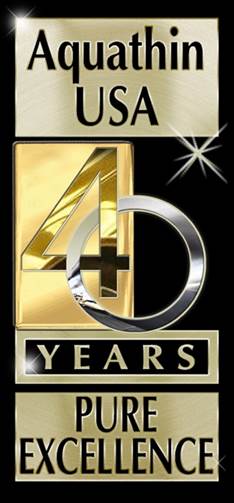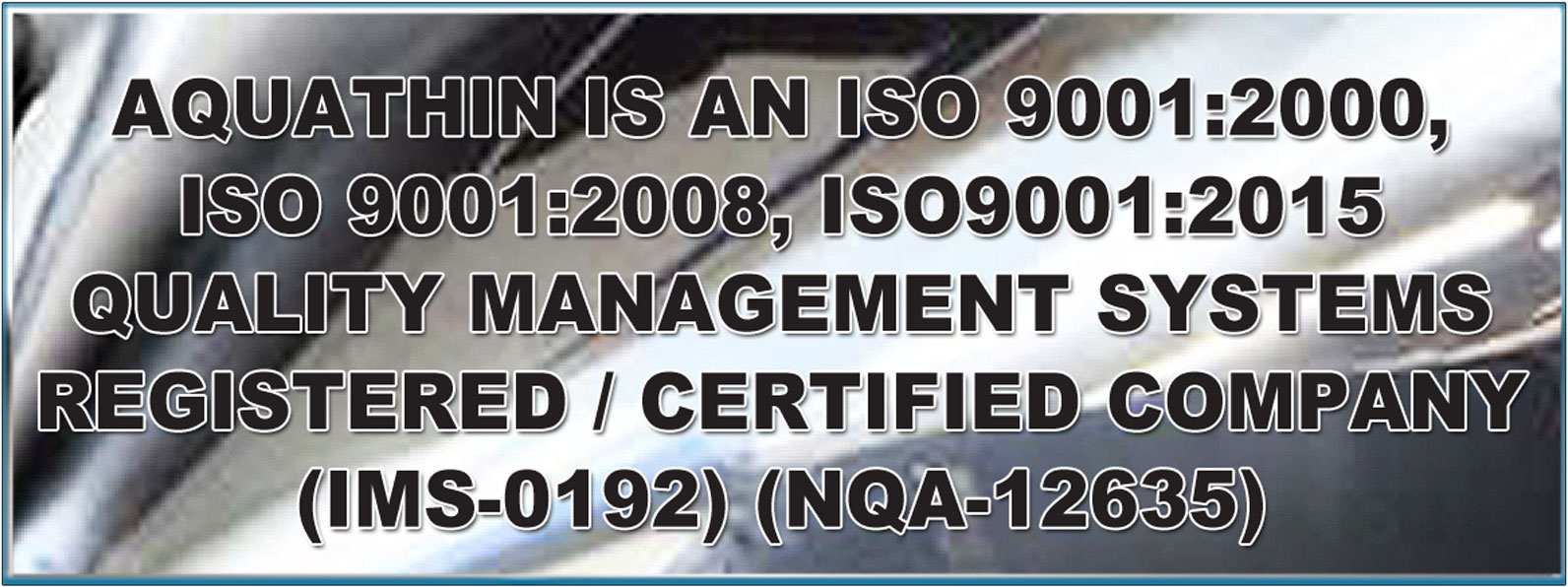Future brings toilet to tap.
"Aquathin OP-ED commentary"
Countries around the world are unable to comply with increased regulations ever limiting the Maximum Contaminate Level (MCL) for chemicals, metals and microbes in
drinking water. Here is an article that we may assume will make it impossible to ever comply---mix tap water with treated toilet water.
One of the issues that is extremely difficult to address in the use of treated black and grey waters concerns the following contaminates present: Heavy metals and radioactive chemicals used in
chemotherapy, unused hormonal therapies, unused drugs... all found in human waste. Municipal water plants do not test for these items and removal is expensive. Consider tar and nicotene from
billions of cigarettes flushed into toilets, chemical oxidizers used to unclog plumbing...all not monitored presently and costly to treat.
Future brings toilet-to-tap
SAN DIEGO — As water supplies continue to dwindle due to population increases, water industry analysts predict there is a
strong likelihood that over the next several years municipalities will be reusing wastewater for drinking water.
"As treatment facilities continue to expand to accommodate for more stringent regulatory requirements, the feasible next step is to
use that highly refined wastewater again," said Linda Chaloux, an environmental health and safety research analyst with Frost &
Sullivan. "Wastewater is already inadvertently ingested by consumers through the 'natural' water recycling process. Simply,
wastewater is discharged into a river, and a community downstream withdraws that water supply to use for its drinking water."
Recycled water is typically used for nonpotable purposes such as agriculture, landscape, public parks and golf course irrigation;
cooling water for power plants and oil refineries; industrial process water; and water for toilet flushing. Industrial facilities reuse their
water to decrease the amount of wastewater being discharged to the municipal sewer, thereby decreasing costs for the industrial facility.
Recycling has many benefits to include protection of ecosystems, reduction and prevention of pollution.
To get usable recycled water, treatment plants, municipally and industrially, must develop ways to reuse or recycle their water,
essentially going from the toilet to the tap. That means additional treatment must be applied to the dirty water.
"Recycling or reuse of wastewater is a significant trend in the water and wastewater communities," Chaloux said. "Though oftentimes
costly initially, water reuse and recycling measures are quite costeffective in the long term."
Frost & Sullivan is an international marketing, consulting and training firm that monitors the US water treatment equipment industry.
FOR THE BEST TASTE IN LIFE
Think Aquathin...Aquathink
Edited from Tech Bank 3/9/01


